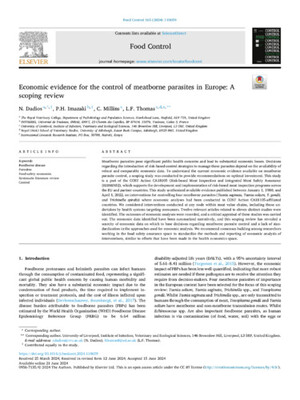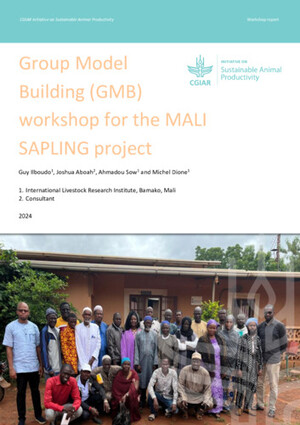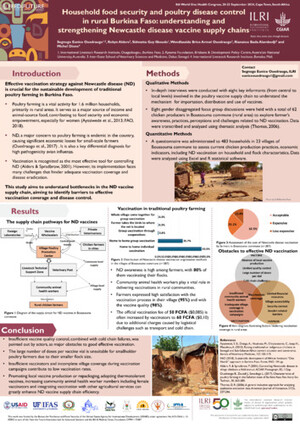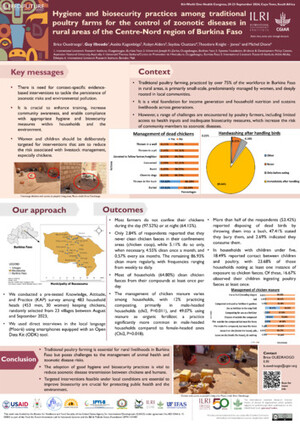
A qualitative study on the effects of intra-household decision-making patterns on utilization of preventive and curative veterinary practices in communities affected by Rift Valley fever in Kenya and Uganda
Abstract
Decisions about how to prevent and treat livestock disease are often negotiated between household members. Animal health interventions target livestock-rearing households but information about the decision-making of men and women and how it influences utilization of animal health best practices including veterinary services is limited. This qualitative study used focus group discussions to assess the effects of gender dynamics on intra-household decision-making regarding utilization of preventive and curative veterinary services in communities affected by Rift Valley fever in Kenya and Uganda. Three household headship structures were considered: male headed, de facto female headed, and de jure female headed. Although their decision-making capacities differed depending on household headship, men were the primary decision-makers on vaccine use while women had some leeway in making decisions on livestock treatment depending on the local context. Understanding gender roles within livestock health management can be used to inform policies and improve animal health interventions.
Citation
Mutua, E., Namatovu, J., Campbell, Z.A., Tumusiime, D., Ouma, E. and Bett, B. 2024. A qualitative study on the effects of intra-household decision-making patterns on utilization of preventive and curative veterinary practices in communities affected by Rift Valley fever in Kenya and Uganda. Gender, Technology and Development 28(3): 323–342.










